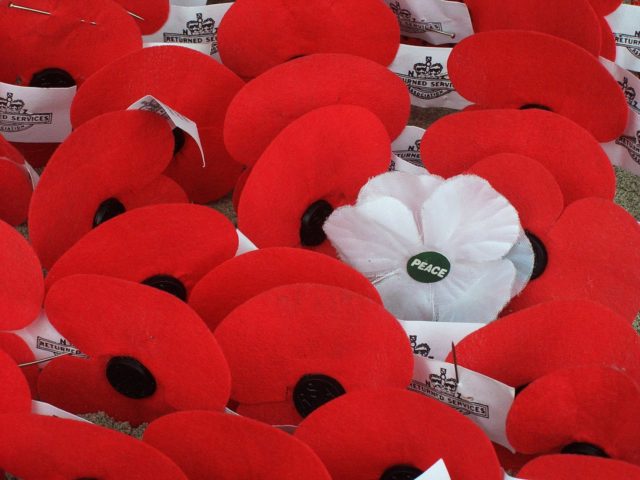Looking ahead was what America taught me. As a medical student from India, hospitals were my introduction to American preparedness. When Ebola hit, our hospital created a separate unit and response team way ahead of time. It was a ritual, almost a way of life to account for uncertainty and redundancy. This rigorous prep as I saw it, was the nucleus of America.
In residency, we used the ‘Swiss cheese model’ for understanding adverse events or unexpected deaths. It views the system as a stack of Swiss cheese slices where mishaps happen only when multiple holes align. An adverse event reflects breakdowns on several levels rather than a one-step, singled out occurrence. We can understand the spread of the pandemic in the US using the same principle.
Around Valentine’s day, I flew out to meet my husband in Denver. Shortly after my return to Providence, I noticed a mild postnasal drip that was not unusual, given my allergies. But as soon as the dripping resolved, fevers hit. I saw a provider who discounted my domestic travel, assuring me it was flu. She anchored on the fact I had not traveled overseas in the last two weeks. Since I didn’t want to return to work without a diagnosis, I requested a complete viral panel.
The fever wouldn’t break, and by evening, the test popped negative– it was not flu. When I called her, she had already left . So, there I was, searching for a walk-in clinic on a Friday. Finally, a provider in scrubs saw me. He stopped in the middle of his exam but kept holding the stethoscope on my back. He craned to offer me the ear tips, and I heard what he had heard: a raspy, crackling sound in my lung.
Any physician will tell you diagnosis is often the best fit for probability. Granted, if you hear hoofbeats behind you, it likely isn’t a zebra. But rare diagnosis– ‘Zebras’– do stray in every once in a while, mostly when you least expect them. A run of the mill pneumonia was still a possibility, but I had no risk factors. The emergence of COVID-19 in the US was also a strange coincidence.
Countrywide, private labs couldn’t test for the novel coronavirus. We needed approval from the state labs who were not testing unless the guidelines were met. Being sick with no international travel didn’t meet guidelines at that time. Besides, there were only three cases in Rhode Island. It would be unlikely; it’s probably nothing– ‘wishful thinking bias.’
The ‘status quo trap’ brought yet another hole into alignment. The tendency to keep doing things the way they are always done even when detrimental in an evolving situation. It was the same trap that got FDA to reject test kits from WHO, so by the time CDC made new test kits and shipped them to state labs, the first death likely had already occurred. The stringent pursuit for quality turned the tide towards the same pandemic it meant to control.
The systematic hoops of corporate healthcare and the disconnected health systems became the very last hole. It slowed down my diagnosis, leaving me flabbergasted. It took several requests and calls and pestering the schedulers to get the labs and X-rays, let alone their results. Eventually, I spoke to my supervisor, who arranged a drive-through test at great personal effort. On Monday– twelve days after my initial symptoms had shown up– I was able to get the COVID-19 test.
I have mulled over several times: how much more would the test have been delayed if I had not been a physician? It took about a week to recognize the first case of community transmission in the US, and that only happened because the patient was sick enough to be hospitalized. How many ‘mild’ or ‘asymptomatic’ cases were missed in February before the surges took our cities down?

There were no COVID patients before I left sick, but now most floors are warm and red octagon alerts have crowded our double doors. Like red poppies of Remembrance Day, they remind us– each death is a pockmark on face of history. We have now surpassed 100,000 deaths, with no signs of stopping. While we need reasons to understand our failings, what we also need is a spark of anger, a drop of grief, and a bit of hunger to drive us.
About the author
Aakriti Pandita is an Infectious Diseases fellow at Warren Alpert Medical School of Brown University. She was the fourth patient, and the first healthcare worker to get diagnosed with COVID-19 in the state of Rhode Island. Dr. Pandita is also a COVID-19 researcher. Twitter @aakritipandita
Competing Interest
There are not competing interests to declare